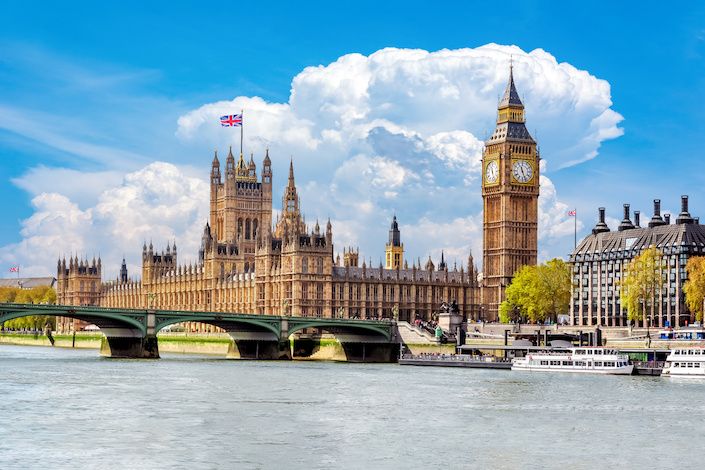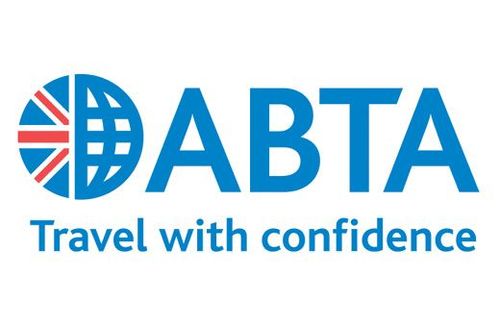Where travel agents earn, learn and save!
News / Economic growth is there for the taking – if outbound travel industry is supported by Government
New figures show the UK outbound travel industry has the opportunity to deliver 20% growth by 2030

ABTA says these findings should be ‘music to the Government’s ears’ given its focus and reliance on growing the economy to meet its manifesto and public service ambitions.
The report also highlights the part outbound travel plays in supporting inbound and domestic tourism across the UK. Not only does outbound travel support the national economy, raising £52bn in GVA annually, and contributing £10bn in tax, but it also helps with the Government’s mission to create jobs and economic opportunity across the UK’s towns and cities.
The report makes clear that without the volumes of UK residents heading overseas, many regional airports would struggle to survive – putting at risk inbound tourism and damaging communities across the country that rely on tourism income. The report reveals the regional airports particularly dependent on outbound leisure passengers for their success; East Midlands (90%), Manchester (78%), Birmingham (78%), Bristol (75%), and Exeter (75%).
However, ABTA has warned that turning the growth predictions and regional potential into reality requires the right tax and policy framework and is urging the Government to harness the opportunities presented by the travel industry.
The findings are from ABTA’s new report ‘Outbound travel: a catalyst for jobs, growth and wellbeing’, published to coincide with the Government’s Spending Review and ABTA’s Travel Matters conference in London.
The Association said that there has been positive progress from the Government on critical areas, citing the decisions around airport expansion, airspace modernisation, and policies to back the development of a domestic Sustainable Aviation Fuel (SAF) industry as examples. ABTA says the recent UK-EU summit agreement also included important areas for travel, such as the commitment to explore a youth experience scheme.
However, ABTA stressed the need to make timely progress on policy decisions; avoiding the mistakes of past governments, where too often plans have ended up in the long grass.
The Association, which marks its 75th anniversary this month, said one of the big challenges faced by businesses over the years has been where policy decision and initiatives take an unnecessarily long amount of time and make little headway, which subsequently stalls growth, progress and opportunity for business.
In the report, ABTA sets out three areas of policy development and recommendations that needs to be progressed in order to achieve growth:
- Ensuring the UK is a leader in sustainable travel – by embedding policies, such as the SAF mandate and Revenue Support Mechanism for aviation and investing in shoreside power at UK ports.
- Enabling UK travel businesses to compete in a global industry, by reviewing business rates to support the high street, avoiding layering of taxes on tourism, and supporting educational and vocational routes into the sector.
- Enhancing UK-EU relations – by removing trade barriers with the largest travel market, such as difficulties in getting UK qualifications recognised, cooperating on new electronic border regimes, and agreeing a youth experience scheme as quickly as possible.
The report is available to download at abta.com/outboundtravelreport2025.











